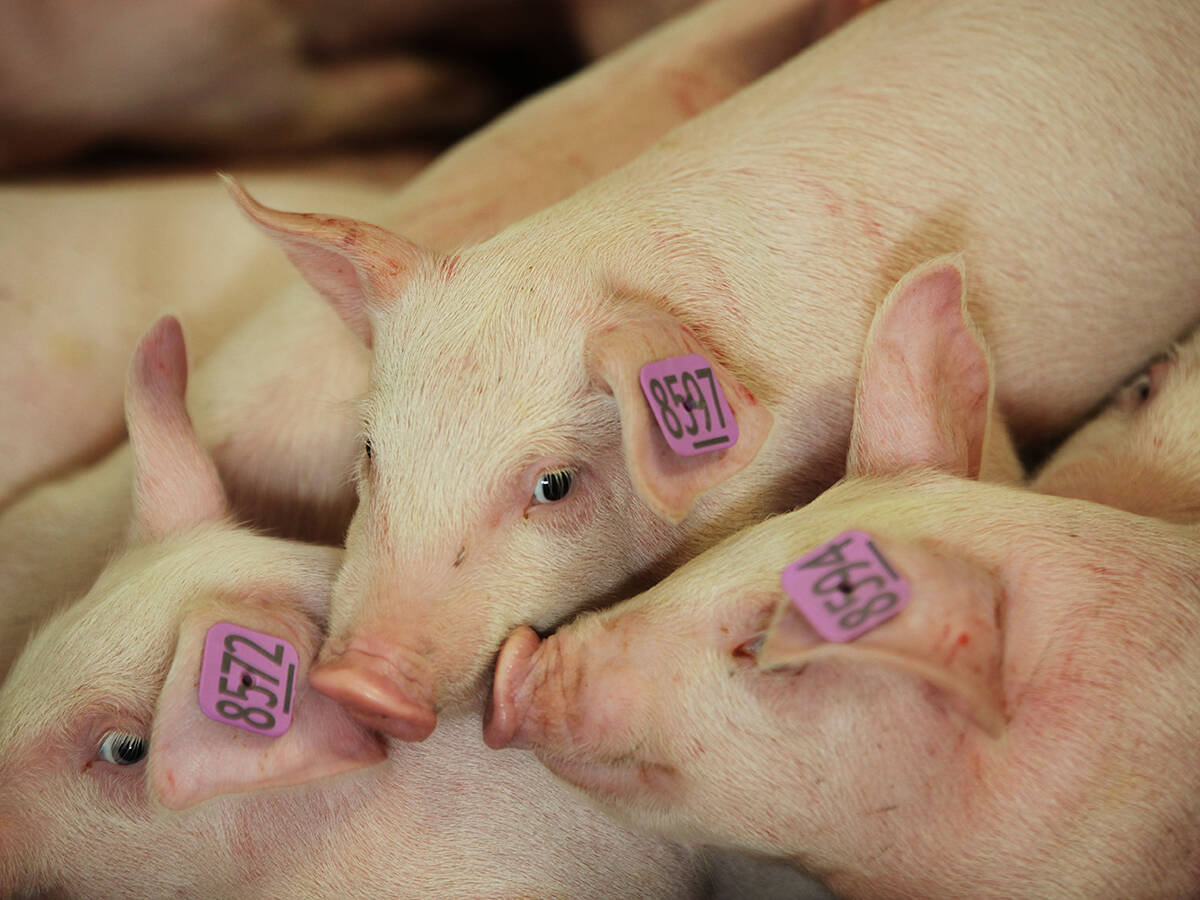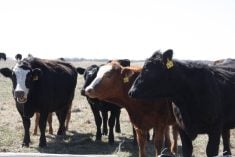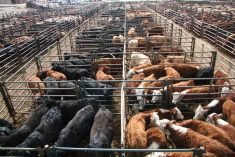A 2019 study that said high consumption of unprocessed red meat caused 896,000 deaths comes under new pressure
A group of scientists is challenging the findings of a 2019 report that said eating red meat causes nearly 900,000 deaths each year.
In a joint letter published in The Lancet in late February, nutrition and disease experts from the United Kingdom, Ireland, Australia, the Netherlands and Belgium criticized the Global Burden of Diseases, Injuries, and Risk Factors study.
The authors of that study, known as the GBD, said in 2019 that diets with high consumption of unprocessed red meat caused 896,000 deaths per year. That estimate was a massive increase from a previous GBD report in 2017, which blamed red meat for 25,000 deaths annually.
Read Also

The Western Producer Livestock Report – October 16, 2025
Western Producer Livestock Report for October 16, 2025. See U.S. & Canadian hog prices, Canadian bison & lamb market data and sales insights.
The six researchers questioned that finding in their Lancet letter, titled “36-fold higher estimates of deaths attributable to red meat intake in GBD 2019: is this reliable?”
A news release from Queen’s University Belfast, home to one of the letter’s authors, professor Chris Elliott, said the 2019 report suggests any amount of red meat is dangerous to human health.
“It appears that the marked increase in the 2019 estimates is dependent on two assumptions: that the optimal intake of red meat is zero; and that risk rises sharply even with moderate consumption of red meat,” the release says.
The other scientists behind the letter are Alice Stanton of RCSI University of Medicine and Health Sciences in Dublin, Frederic Lerory (Vrije Universiteit Brussels), Neil Mann (University of Melbourne), Patrick Wall (University College Dublin), and Prof Stefaan De Smet (Ghent University).
The Global Burden of Disease study is led by the Institute for Health Metrics and Evaluation at the University of Washington in Seattle. The study tracks data on mortality in 204 countries, 369 diseases and 87 risk factors.
In addition to the estimate of 896,000 deaths from diets high in unprocessed red meat, the 2019 GBD report said red meat causes 23.9 million people to develop cancer, heart disease and stroke. That figure is 18 times higher than the estimate from the 2017 GBD report.
The group of six experts and other scientists say the 2019 report didn’t provide the necessary data and references to support such findings.
“Such a jump from the 2017 to the 2019 GBD estimates raises questions around the evidence behind the data,” said Nigel Scollan, director of the Institute for Global Food Security at Queen’s University Belfast.
“It’s immensely important that this kind of evidence is transparent and publicly available, especially when it will have a major bearing on international public health.”
The 2019 GBD report concluded there is sufficient evidence to support a causal relationship between red meat intake with heart disease, breast cancer and stroke.
But other studies, where scientists reviewed published research, didn’t reach the same conclusion.
“The 2018 World Cancer Research Fund’s Continuous Update Project Expert Report judged the evidence for a link between red meat intake and breast cancer to be limited and that no conclusion could be reached regarding a causal or protective relationship,” the letter published in The Lancet said.
The researchers behind The Lancet letter said the 2019 report may have assumed that red meat has zero nutritional benefits. If that’s the case, then “red meat would then de facto be presented as an inherently harmful food,” they wrote.
The scientists are concerned that some countries may use the GBD report for their national food policies and guidelines around red meat.
That’s troubling because the study suggests that small amounts of red meat are worse for human health than other controversial foods.
“Figures in this policy document indicate that diets high in red meat are responsible for greater numbers of (diseases) than diets high in salt, trans-fatty acids, or sugar-sweetened beverages,” says The Lancet letter.
Stanton said the report could cause more harm than good.
“If the current public-health message (of) moderate consumption of red meat as part of a healthy (and) balanced diet is replaced by the message that any intake of red meat is harmful, then childhood malnutrition, iron-deficiency anemia in women of child-bearing age and elderly fragility will greatly increase.”


















